NBC 2012 season report
There have already been several reports this year about how birds have coped with the UK’s second wettest year on record. Analyses of Nest Record Scheme (NRS) and Ringing Scheme data have revealed that a variety of common nesting species had a poor breeding season in 2012.
Making it through the wet weather. Photograph by Tommy Holden.
The year started with a drought, which can be a cause for concern for breeding birds. Dry weather can reduce insect numbers, making it hard for species such as Great Tits and Blue Tits, that provision their young with caterpillars, to raise their brood. However, the drought turned out to be the least of their worries!
As we moved into spring, so the rain came. The NRS results showed that weather caused problems for migrant species, as long-distance migrants travelling from Africa had to contend with some very bad weather en route as well as on arrival. As a result, many laying dates were significantly delayed.
The Constant Effort Scheme (CES), which calculates breeding success by comparing the numbers of adult and juvenile birds ringed each year, recorded a reduction in productivity for many species in 2012, including all of our common warblers. These results suggest that young birds may have continued to struggle after leaving the nest, their lack of experience and relatively poor quality plumage making it much harder for them to cope with extreme weather conditions, leading to a drop in survival rates post-fledging.
In light of these reports, what do your 2012 NBC observations tell us about how nesting birds have fared in gardens?
All sorts of nests are monitored. Photograph by Tommy Holden.
Participation in 2012
We’re delighted to see that the adverse weather in 2012 didn’t deter 1,370 of you, from monitoring over 3,800 nest sites in gardens and green spaces across Great Britain in 2012. While a large proportion of participants monitored nests in boxes, it is fantastic to see that some of you have also been keeping track of species that tend to nest elsewhere in the garden, such as Collared Dove, Robin and Blackbird. In total, records were submitted for 46 species in 2012, the top five being Blue Tit, Great Tit, House Sparrow, Blackbird and Robin.
Nest boxes
As in previous years, Blue Tits and Great Tits were the star NBC species. Over 60% of registered boxes were reported occupied by one of these two species and 750 nesting attempts were monitored. House Sparrows were recorded in a further 250 small-hole boxes and Tree Sparrows in 91 others.
Plenty of open-fronted nest boxes were registered for NBC, the most common occupants being Robins, Spotted Flycatchers, and Blackbirds, and larger nest boxes were also under observation; Tawny Owl and Jackdaw were recorded in chimney-style boxes and several people were lucky enough to have occupied Barn Owl boxes.
Figure 1. 2012 Brood size graph. Photograph by John Bowers.
NBC results
As NBC is an online survey, we are able to follow the progress of the breeding season via the live maps and graphs available here. However, the most important outputs are the results of the analyses we run at the end of the season. Figure 1 shows average brood sizes for Blue Tits, Great Tits and Robins in gardens reported by NBC over the past six years. NRS results have shown that in the wider countryside, clutch and brood sizes dropped significantly in 2012, most probably due to the poor weather. However, nests monitored by NBC displayed a less dramatic reduction in these figures, which could be a result of garden breeding birds benefiting from food provided by us as well as nest boxes creating a more sheltered nesting environment.
Figure 2 shows a graph of the differences in laying dates recorded by NBC and NRS. The results for 2012 demonstrate a delay in laying, following a trend towards increasingly early dates over the period 2007-2011. Figure 2 also shows that NBC laying date results are on average 2-6 days earlier than NRS, suggesting that the abundant food and warmer microclimate in gardens may lead to earlier nesting.
Taking part in 2013
Thank you to all Nest Box Challenge supporters for getting out there in 2012 and recording through the rain; hopefully we can enjoy a brighter season this year! The information that you are collecting is helping to advance our understanding of the way that birds use gardens and green spaces in the UK and research at a national scale would not be possible without your help. If you have enjoyed collecting data for NBC then please consider getting involved in the Nest Record Scheme, which allows you to submit information on nests found in sites other than your garden.
Nest boxes have become an increasingly important part of wild bird welfare and conservation in the UK. As more hedgerows and woodland areas have been cut back or removed, and old abandoned houses are sold or destroyed, wild birds are having a harder time finding nest sites. This is why taking part in the Nest Box Challenge is a significant as well as fun way to spend your time. If you are thinking of taking part for the first time in 2013 then now is the time to put your nest box up. If you want to make your own or buy one, some excellent nest box ideas can be found here.
Hazel Evans, NBC Organiser
February 2013

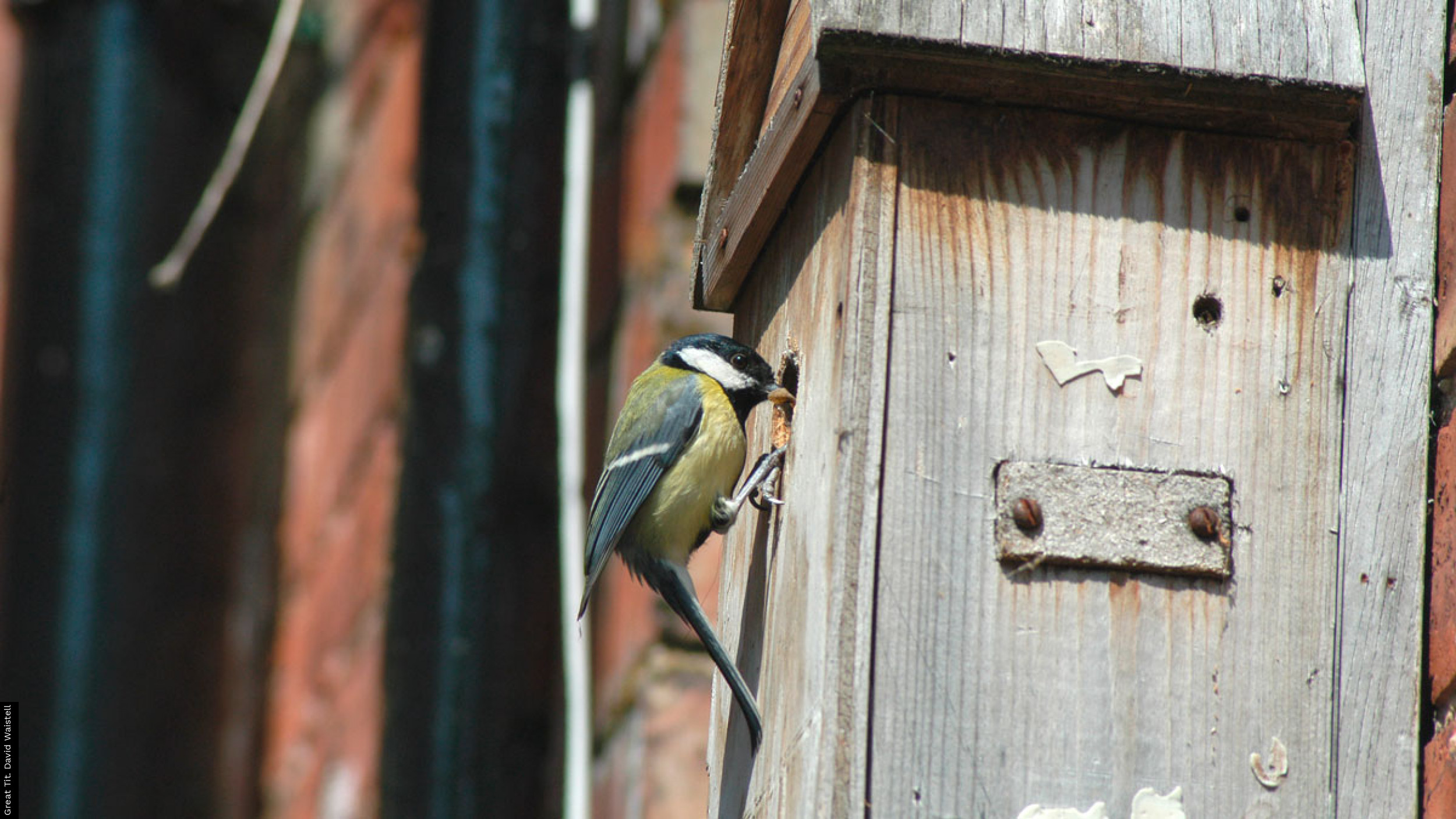
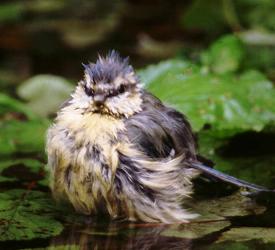
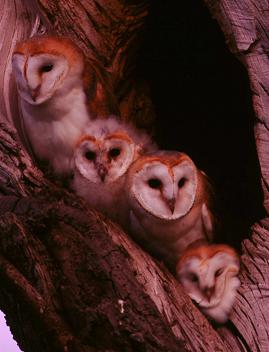
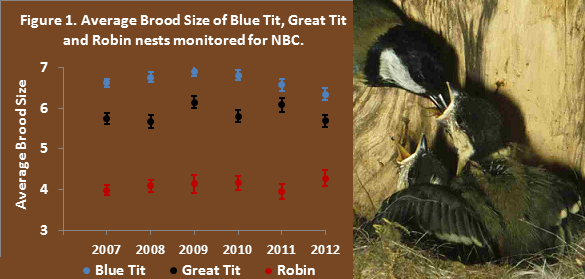
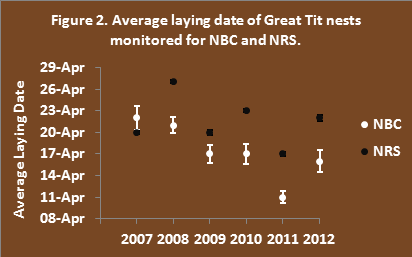

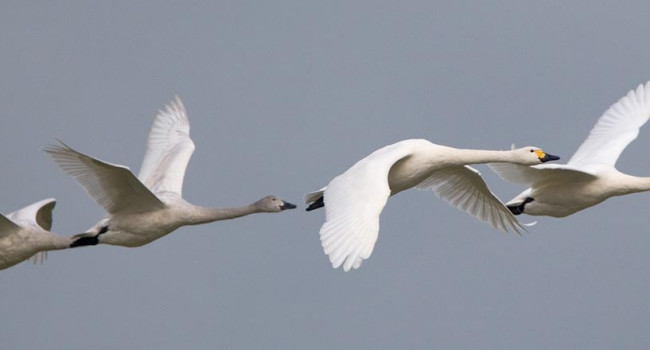
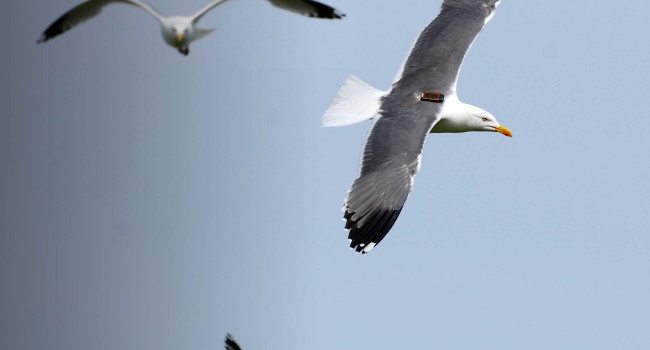

Share this page